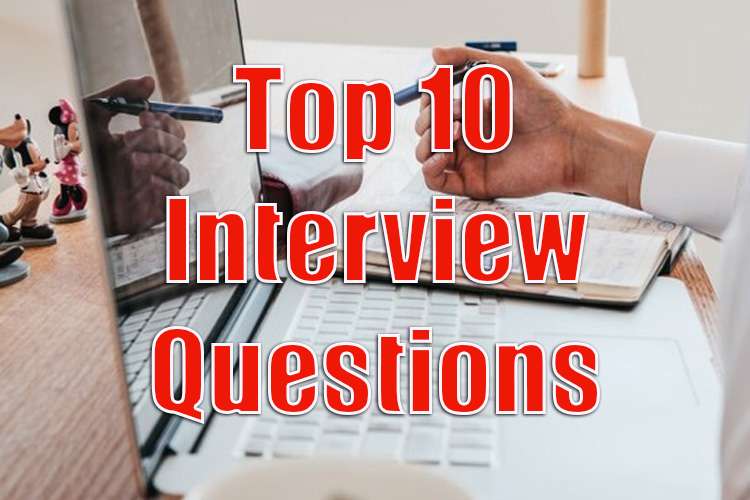Asking questions during an interview is a great way to break the ice and to get to know a person. However, you should be careful not to ask questions that are too personal, such as the nationality of the interviewer, their religion, or their age.
Tell me your biggest strength or biggest weakness
When it comes to the “what is your biggest strength or weakness” question, there are a few things you should know. A successful answer should demonstrate your motivation to succeed and your willingness to address your weaknesses. In addition, it should also display your ability to remain calm under pressure.
The best way to come up with an intelligent answer to this question is to prepare for it. First, take a moment to consider what the job entails, then research the company and the position itself. You may even want to practice the answers with a partner.
Another way to improve upon the “What is your biggest strength or weakness” question is to choose a fixable and believable weakness. Choosing a weakness, you can overcome can prove to be a lifesaver when you’re under the gun.
Of course, the most important thing to remember is to be honest about your weaknesses. While it’s okay to be upfront about your deficiencies, you should be careful not to overdo it. Don’t sound too defensive or rehearsed.
Among the strengths and weaknesses, you should mention, one sexiest is the ability to be a team player. If you’re a leader, you’ll have to be able to work with people from different backgrounds, and you’ll need to show that you’re able to adapt.
Earn $100-$1000 Weekly Using Easiest Copy-Paste Income Method
Ask questions throughout the interview
Asking questions throughout the interview can be a good idea, especially if you want to understand the company better. It shows interest in the job and allows you to learn about its nuances. You may be surprised at what you learn.
While you’re at it, try to find out about the company’s culture and goals. You’ll also find out how to connect your skills with the job.
Similarly, you may want to ask about the process the company uses to evaluate new hires. This will tell you if they have a solid feedback system in place. If you’re lucky, you might even get an inside scoop about the job’s best qualities.
One of the most important things you can do is make a list of your top questions before the interview. Then, make sure you have them ready to ask. Don’t be tempted to rush through your questions, as this will appear as uninformed and superficial.
Some of the most interesting questions you can ask include those involving the future. Your potential boss may not be familiar with your position and its responsibilities, so asking about your long-term career plans can give you a more realistic picture of what to expect.
It’s also important to ask about the time-off schedule. This is a good way to discover whether the employer has an open-door policy, which indicates that team members are available to you.
Make Money Online Up To 1k/Day Using The Fail Proof Method
Avoid asking questions about gender, nationality, religion, or age
During an interview, it is important to avoid asking questions about age, gender, religion, or nationality. These topics are often considered to be discriminatory and should be avoided.
There are specific laws in place to protect applicants from discrimination. Some of these laws are state-specific, while others are federal. You should review the law and the rules for your specific job type before deciding to ask any of these questions.
The Equal Employment Opportunity Commission (EEOC) is the agency that protects workers from pre-employment discrimination. An employer cannot ask questions about any protected category.
For example, employers should not ask questions about age, ethnicity, religion, national origin, sex, or pregnancy. Moreover, it is illegal to discriminate on the basis of these criteria.
Employers should also avoid asking questions about marital status or family. This may seem harmless, but it is discriminatory. It can affect females with childcare responsibilities.
Similarly, it is illegal to discriminate on the grounds of sexual orientation. Many state and federal laws ban such discriminatory questions.
Although an interview is intended to get to know a potential employee, it is not a legal avenue to uncover personal details. Questions should focus on the abilities and qualifications of the candidate.
The EEOC looks with extreme disfavor on questions about gender, religion, or national origin. In addition, many state and federal employment laws restrict the types of questions that can be asked.
Please click here to start your best home based online jobs.
